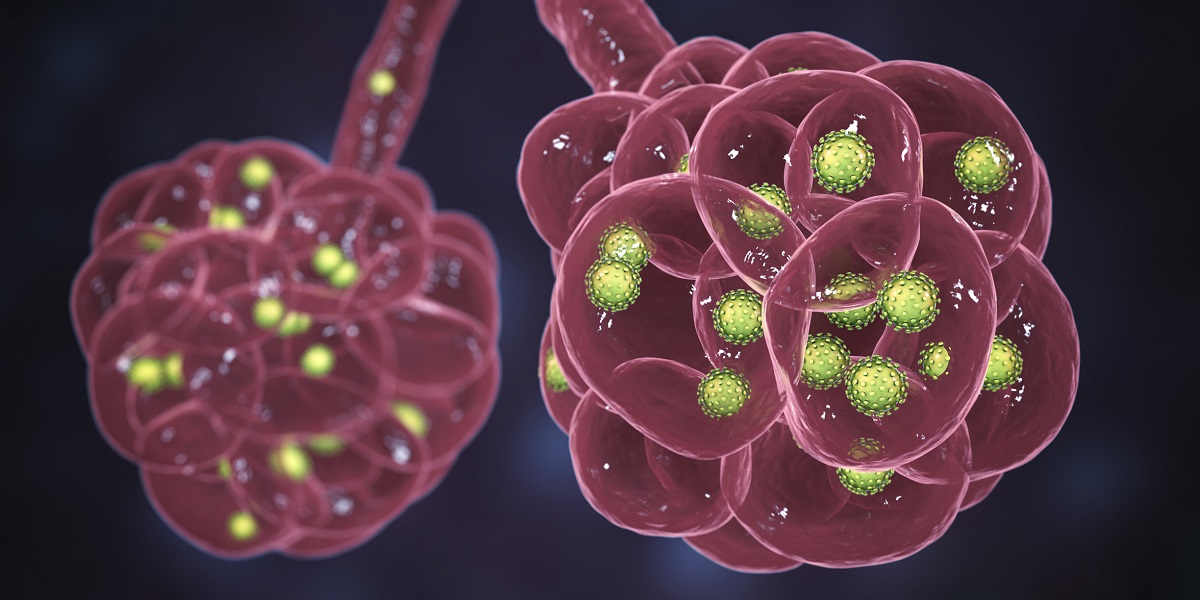KEY TAKEAWAYS
- The study aimed to investigate nilotinib’s role in restoring MHC-I expression to enhance anti-PD-L1 efficacy in patients with CRC.
- Researchers noticed that nilotinib enhances MHC-I expression, improving CRC treatment when combined with anti-PD-L1 therapy.
Although immune checkpoint inhibitors (ICIs) have revolutionized the landscape of cancer treatment, only a minority of patients with colorectal cancer (CRC) respond to them. Enhancing tumor immunogenicity by increasing major histocompatibility complex I (MHC-I) surface expression is a promising strategy to boost the antitumor efficacy of ICIs.
Haiyan Dong and the team aimed to assess the impact of combining nilotinib with anti-PD-L1 therapy on tumor immunogenicity and treatment outcomes in CRC.
They performed an inclusive analysis to identify drug candidates capable of increasing MHC-I expression, focusing on patients with CRC. They utilized dual luciferase reporter assays to screen potential compounds, verifying the effect of nilotinib on MHC-I expression through qRT-PCR, flow cytometry, and western blotting. The biological functions of nilotinib were thoroughly evaluated in vitro and in vivo.
To uncover the underlying molecular mechanisms, researchers conducted RNA-seq analysis, immunofluorescence assays, additional western blotting, flow cytometry, rescue experiments, and microarray chip assays, providing a comprehensive understanding of nilotinib’s impact on MHC-I expression in patients with CRC.
Nilotinib was found to induce MHC-I expression in CRC cells, enhance CD8+ T-cell cytotoxicity, and subsequently boost the antitumor effects of anti-PD-L1 therapy in both microsatellite instability (MSI) and microsatellite stable (MSS) models.
Mechanistically, nilotinib was shown to promote MHC-I mRNA expression via activation of the cGAS-STING-NF-κB pathway and to reduce MHC-I degradation by suppressing PCSK9 expression in CRC cells. Additionally, PCSK9 emerged as a potential therapeutic target for CRC, with nilotinib possibly exerting its anti-CRC effects through targeting PCSK9.
The study concluded that nilotinib plays a previously unknown role in antitumor immunity by inducing MHC-I expression in CRC cells. These findings suggest that combining nilotinib with anti-PD-L1 therapy could be an effective strategy for improving the treatment outcomes in CRC.
The study was funded by National Natural Science Foundation of China; Guangdong Basic and Applied Basic Research Foundation; Guangdong Provincial Clinical Research Center for Digestive Diseases; National Key Clinical Discipline.
Source: https://pubmed.ncbi.nlm.nih.gov/39143573/
Dong H, Wen C, He L, et al. (2024). “Nilotinib boosts the efficacy of anti-PDL1 therapy in colorectal cancer by restoring the expression of MHC-I.” J Transl Med. 2024 Aug 14;22(1):769. doi: 10.1186/s12967-024-05572-2. PMID: 39143573.



